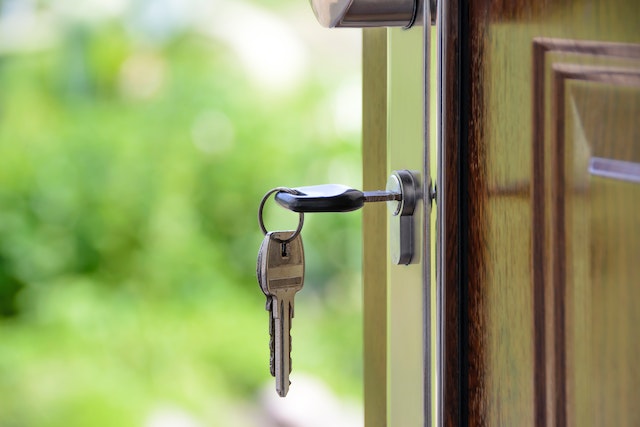A new home is one of the most significant investments you’ll make in your life. The decision to move can be exciting, but it also comes with a lot of pressure. You want to make sure that you’re spending wisely and not on a house that will be a pain in the wallet in the long run. It’s understandable to feel a bit overwhelmed. Your realtor is a wealth of information. They can point out some things you might have otherwise overlooked.
As a smart consumer, there are a few things that you should pay attention to when deciding whether or not to take the next step in the home-buying process. The initial home inspection is a great time to get acquainted with all of the aspects of the home. You can find out if any problems need immediate attention. If so, you can take action to repair them before moving in or finding another property. Here are seven key things to look for when buying a home.
1. Foundation and Exterior
The foundation is where your home sits. It provides support for the home. It can be critical in determining how well the house will hold up over time. Structural problems could require expensive repairs. Look for cracks in the foundation, sagging, and even indications of foundation movement. Cracks indicate activity in the soil.
The house’s exterior is also a factor. A house with peeling paint on the exterior can give off a feeble first impression. It can also signal potential issues such as termites or dry rot. Look for signs of water damage and broken windows. Check to see if the gutters are working effectively and that gutters, downspouts, and rain diverters aren’t clogged with debris. The home’s exterior aesthetics are something you can easily change over time. If the exterior isn’t up to your standards, you’ll have plenty of time to make it look how you want it to.
2. Roofing
The roof protects you from the elements. If you’re looking at an older house, consider how well the roof is engineered. There should be seamless roof lines from the roof overhang to any possible shed dormers. Inspect for leaks, loose or missing shingles, and excessive rusting. Check under the siding for openings that allow water penetration and wood rot.
Drainage is another important aspect. Look for pooling, standing water, and puddles. Keep an eye out for water stains on ceilings and hard-to-reach areas. Ask about any repairs or replacements that have been completed. Records of any work done should be in the file with the realtor.
3. Heating, Ventilation, and Air Conditioning
Home products such as furnaces, air conditioners, heat pumps, and water heaters can break down very quickly. Make sure that the performance of the furnace and air conditioner is up to date. Look for evidence of leaks, disrepair, and damage to the furnace or air conditioning unit. Keep an eye out for any visible damage to the unit, and note any safety features you might need to know about. If the HVAC system is new, ask if any extended warranties are available that you can purchase.
Heat pumps are critical. They use much less water and can be more energy efficient. Ask if the heat pump has ever been serviced or replaced and how it compares with other units in its category. Heat pumps can last many years, but older units may not be as efficient as newer ones. It produces a good deal of comfort and conserves significant amounts of electricity. A mini split heat pump is lighter and requires less maintenance.
4. Plumbing Systems
The plumbing system is what gets the water where it needs to go. It is also among the most expensive systems to fix or replace. Look for signs of leaks. Ask about any repairs that have been completed. Ensure that you’re speaking with the original plumber in the case of a remodel. Inspect the seams for leaky joints and gaps if pipes have been replaced. Be sure to look at how well the piping has been installed on both sides of walls and ceilings.
Fixtures like showers and toilets should be looked at with particular attention. Make sure the shower head is in working order. Look for leaks around the valves and faucets, especially those in bathrooms. Ensure that all faucets are on safety features such as anti-siphon devices, that they work correctly, and don’t leak.
Conclusion
Take your time and shop around. Check the details and ensure that the house you’re looking at is worth your money. There are a lot of great places out there. Ultimately, you’ll find one that will be perfect for you.









